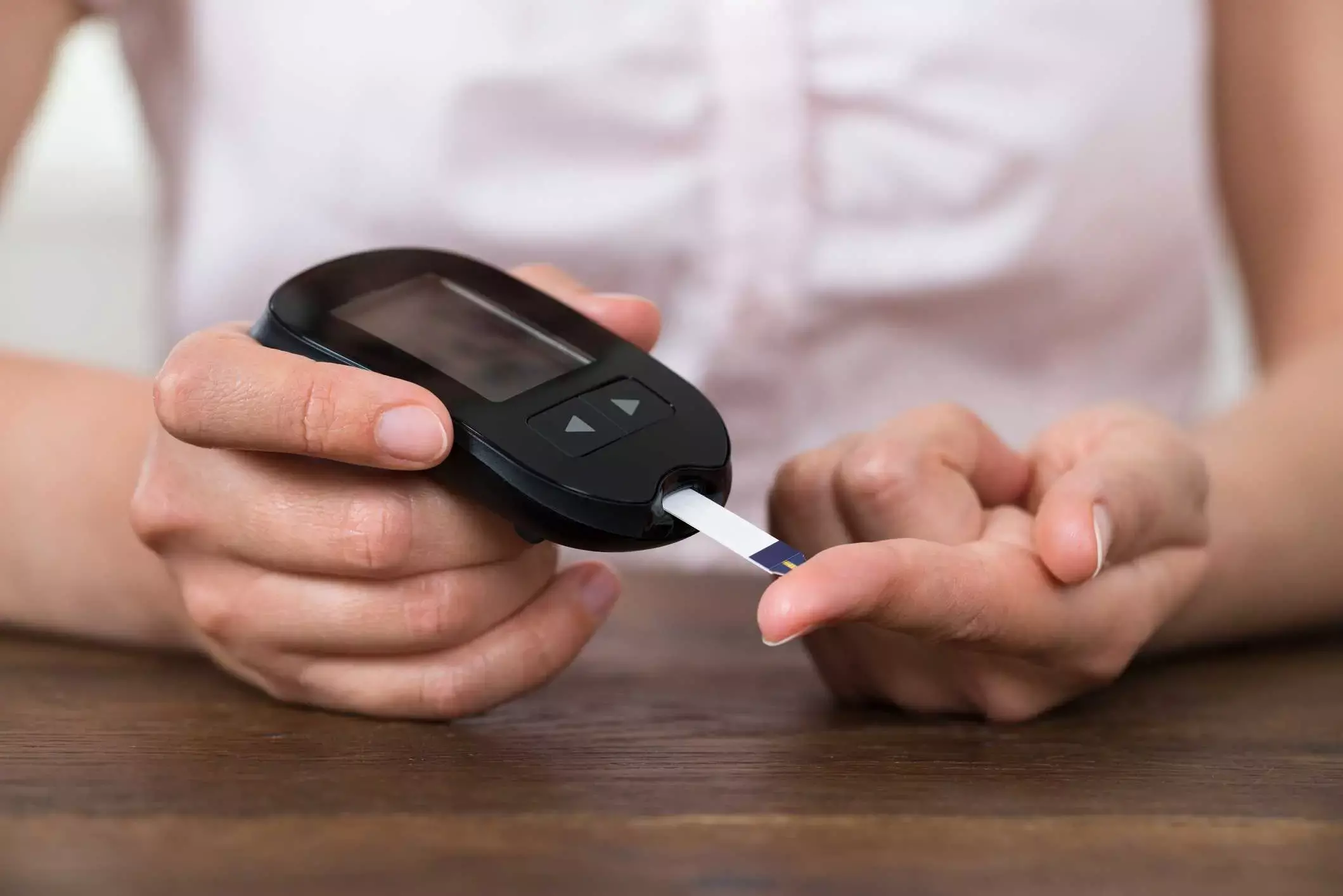- Home
- Medical news & Guidelines
- Anesthesiology
- Cardiology and CTVS
- Critical Care
- Dentistry
- Dermatology
- Diabetes and Endocrinology
- ENT
- Gastroenterology
- Medicine
- Nephrology
- Neurology
- Obstretics-Gynaecology
- Oncology
- Ophthalmology
- Orthopaedics
- Pediatrics-Neonatology
- Psychiatry
- Pulmonology
- Radiology
- Surgery
- Urology
- Laboratory Medicine
- Diet
- Nursing
- Paramedical
- Physiotherapy
- Health news
- Fact Check
- Bone Health Fact Check
- Brain Health Fact Check
- Cancer Related Fact Check
- Child Care Fact Check
- Dental and oral health fact check
- Diabetes and metabolic health fact check
- Diet and Nutrition Fact Check
- Eye and ENT Care Fact Check
- Fitness fact check
- Gut health fact check
- Heart health fact check
- Kidney health fact check
- Medical education fact check
- Men's health fact check
- Respiratory fact check
- Skin and hair care fact check
- Vaccine and Immunization fact check
- Women's health fact check
- AYUSH
- State News
- Andaman and Nicobar Islands
- Andhra Pradesh
- Arunachal Pradesh
- Assam
- Bihar
- Chandigarh
- Chattisgarh
- Dadra and Nagar Haveli
- Daman and Diu
- Delhi
- Goa
- Gujarat
- Haryana
- Himachal Pradesh
- Jammu & Kashmir
- Jharkhand
- Karnataka
- Kerala
- Ladakh
- Lakshadweep
- Madhya Pradesh
- Maharashtra
- Manipur
- Meghalaya
- Mizoram
- Nagaland
- Odisha
- Puducherry
- Punjab
- Rajasthan
- Sikkim
- Tamil Nadu
- Telangana
- Tripura
- Uttar Pradesh
- Uttrakhand
- West Bengal
- Medical Education
- Industry
Self-monitoring of blood sugar fraught with risk of hepatitis B: BMJ

Self-monitoring of blood glucose levels associated with Hepatitis B infection, according to a study published in the BMJ journal.
A group of researchers from China conducted a cross-sectional comparative study to explore the association between self-monitoring of blood glucose (SMBG) and hepatitis B virus (HBV) infection among people with diabetes.
The researchers performed this study in six township hospitals in Gansu Province, China in October 2018. They included 408 patients with diabetes who were systematically recruited, and based on their characteristics 408 people without diabetes were randomly matched 1:1.
The intervention given was: Venous blood was collected for hepatitis B virus (HBV) serological testing and blood glucose testing.
The primary outcome was a comparison of hepatitis B surface antigen (HBsAg) positive rates between the two groups. The secondary outcome was the relationship between the frequency of SMBG and hepatitis B surface antigen (HBsAg) positivity.
The results of the study are as follows:
· Hepatitis B surface antigen (HBsAg) positive rate in people without diabetes was 2.0% and in those with diabetes was 4.2%.
· Whether in people without diabetes or patients with diabetes, a higher frequency of SMBG was associated with a higher hepatitis B surface antigen (HBsAg) positive rate.
· Increases in the duration of diabetes were correlated with increased rates of hepatitis B surface antigen (HBsAg).
· Compared with people without diabetes, logistic regression identified an association between diabetes and hepatitis B virus (HBV) infection, but impaired fasting glucose was not.
Thus, the researchers concluded that routine blood glucose monitoring at home was associated with hepatitis B virus (HBV) infection, which meant people with diabetes may be at high risk of hepatitis B virus (HBV) infection. China is a country with a high prevalence of both HBsAg and diabetes, and the increased risk of hepatitis B virus (HBV) infection in populations with diabetes needs more attention.
Reference:
Association between self-monitoring of blood glucose and hepatitis B virus infection among people with diabetes mellitus: a cross-sectional study in Gansu Province, China by Han B et. al published in the BMJ journal.
doi: 10.1136/bmjopen-2020-048463
Dr. Shravani Dali has completed her BDS from Pravara institute of medical sciences, loni. Following which she extensively worked in the healthcare sector for 2+ years. She has been actively involved in writing blogs in field of health and wellness. Currently she is pursuing her Masters of public health-health administration from Tata institute of social sciences. She can be contacted at editorial@medicaldialogues.in.
Dr Kamal Kant Kohli-MBBS, DTCD- a chest specialist with more than 30 years of practice and a flair for writing clinical articles, Dr Kamal Kant Kohli joined Medical Dialogues as a Chief Editor of Medical News. Besides writing articles, as an editor, he proofreads and verifies all the medical content published on Medical Dialogues including those coming from journals, studies,medical conferences,guidelines etc. Email: drkohli@medicaldialogues.in. Contact no. 011-43720751


